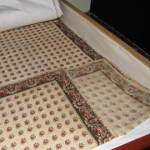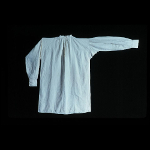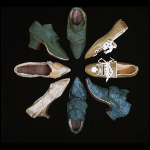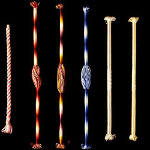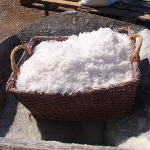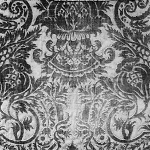Artifact: Sugar (Raw, Refined, Whole, and Cane)

Materials: Raw, Refined, Whole, and Cane Sugar
Dimensions:
Date:
Origin:
Collection: Romain Behar via WikiMedia Commons
License: Public Domain
Ledger Entry: Sugar

Department: Grocery
Customer: Sarah Burk
Ledger Page: 160
Imported From: In the eighteenth century, sugar was the product of enslaved peoples in the Caribbean.
Product Description
Sugar was the most common sweetener in colonial British America. It was used in cakes and custards, to preserve cherries and make marmalade, to make icing, and to add sweetness to many other foods.
Citation: Sidney W. Mintz, Sweetness and Power: The Place of Sugar in Modern History (New York: Penguin, 1986); Katharine E. Harbury, Colonial Virginia's Cooking Dynasty (Columbia: University of South Carolina Press, 2004)
Historical Price: 6 pence per lb.; Modern USD: $5.6
Product Variations
The databases record fifty-six purchases of sugar. This included a variety of different kinds of sugar. There were fourteen purchases of brown sugar, six of double refined sugar, two loaves of sugar, and at least one each of muscavada, muscovo, clayed, and double sugar. Sugar was sold by weight ranging from two to forty-two pounds. In price these ranged from nine pence for two pounds to two shillings for one loaf (nine pounds).
